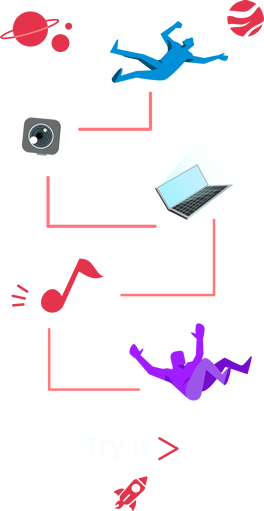The role of music in enhancing social skills in children and young adults
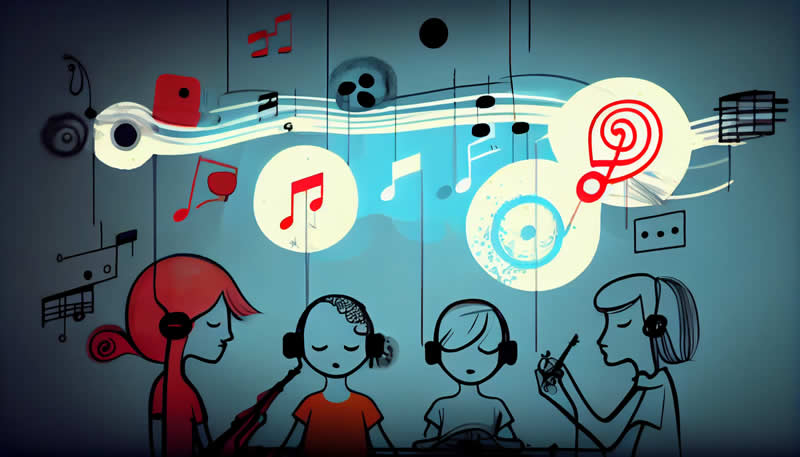
Table of content
The role of music in enhancing social skills in children and young adults - Introduction
“Social skills” is the capacity to engage with others successfully while showing appropriate behaviours and mindsets in a variety of social contexts.
Self-control, collaboration, empathy, problem-solving, and communication are all abilities that define what social skills truly are, and they are essential for healthy growth and fulfilling connections throughout childhood and young adulthood, both personally and professionally.
It is impossible to underestimate the value of social skills throughout early life and young adulthood because, according to research, those with good social skills are more likely to succeed in their relationships, careers, and academic paths, plus, and this is a big plus, they are less prone to suffer from mental health problems like anxiety and despair.
The main topic of this post is how music may help kids and teenagers become more socially engaged, as it has been used for generations as a means of expressing social and emotional feelings, and current study indicates that it may also be crucial in fostering the growth of social skills.
The role of music in enhancing social skills
Several studies have looked at the relationship between music and social skills, and the findings suggest the advantages of music for collaboration, empathy, and communication.

According to the study, children with ASD who received music therapy significantly improved their capacity for interpersonal interaction and communication, proving just how music is a significant part of our life.
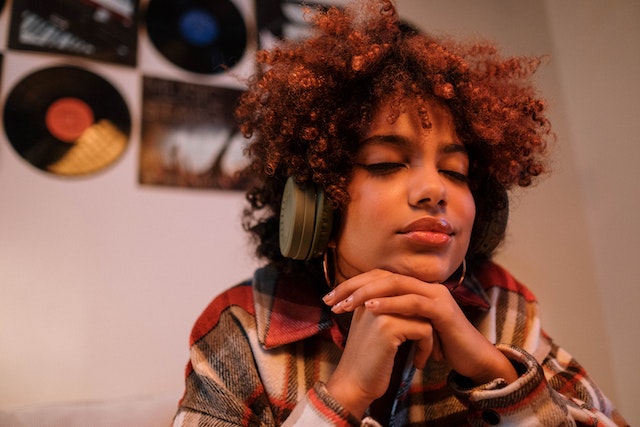
According to a study that appeared in the journal Frontiers in Psychology, children can develop greater emotional empathy by listening to music, which will result in more satisfying social interactions and ability to communicate and potentially feel better.

In addition, listening to music stimulates the release of dopamine, that help us in feeling happy by reducing tension and anxiety as it is a neurotransmitter linked to pleasure and reward.


The developmental benefits of music
In addition to being fun, music has a number of developmental advantages as learning music can improve a variety of cognitive abilities, including language, memory, and executive function.
A range of mental abilities known as executive function, such as working memory, inhibitory control, and cognitive flexibility, assist people in controlling their thoughts and behaviors and Ii has been demonstrated that musical training enhances these abilities, which can aid people in successfully navigating social situations.
People may comprehend and recognize various emotions, express themselves more clearly, and forge connections with others via musical experiences.

The advantages of music education for cognitive and emotional growth may have long-term implications on social abilities and general wellbeing.
Those who have taken music lessons frequently have higher social skills and emotional control, which can result in more fulfilling interpersonal interactions and improved mental health outcomes.
Music therapy as a tool for enhancing social skills
In order to include the patient in musical activities that will enhance social skills, therapists utilize a number of strategies during music therapy sessions. These methods might involve:
- Songwriting and singing: These two arts may be utilized to promote both individual and group expression, and the ability to communicate and interact with others can be improved as a result.
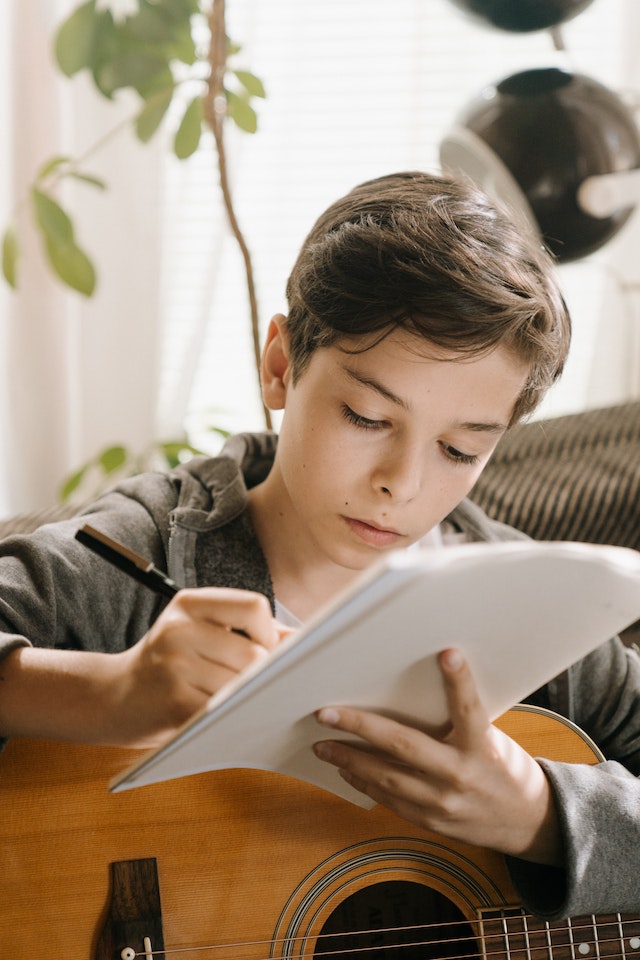
- Music improvisation: Improvising with music on the spot without a predetermined plan is known as improvisation. Individuals can utilize improvisation to improve their capacity for listening, communicating with, and responding to others in a musical setting.
- Listening to music: Listening to music can help people enhance their capacity to perceive and express their feelings, as well as their capability to manage their emotions.
- Dance to the rhythm of music: Coordination, motor skills, and social abilities may all be improved via movement and dance.

Incorporating music into everyday life
In social situations, playing music assists in breaking down boundaries and motivates people to engage with one another.
Promoting social skills in people of all ages may be accomplished by including music in daily life. These are some methods for employing music in regular contexts to improve social skills:
- Employ music to promote social interaction: Playing music in social settings may aid in fostering conversation and encourage people to engage with one another. An entertaining and dynamic atmosphere that promotes discussion and socializing, for instance, can be created during a party by playing music.
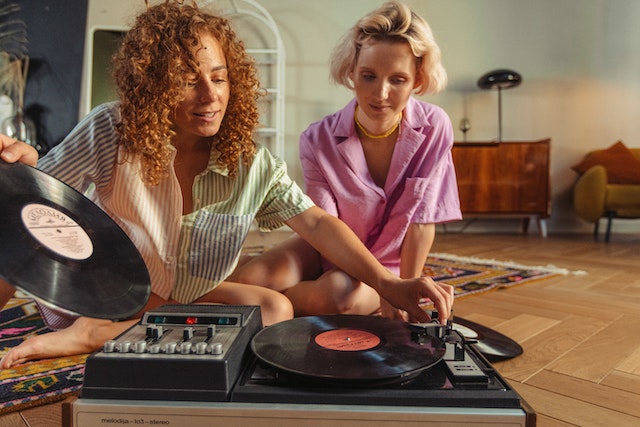
- Employ music to encourage emotional control: Calming music can help people manage their emotions and relieve tension. This can be especially useful in social settings when people could feel overwhelmed or frightened.
- Employ music to improve communication skills: Singing and playing music together can help people improve their capacity to work together and their communication abilities. For instance, joining a chorus may teach people how to communicate effectively, harmonize, and listen to one another.
How CalypsoRoom stimulates social interaction through music
CalypsoRoom is a valuable tool for promoting social skills and building social connections through music.
Users may connect through webcams while listening together to the same music at the same time in CalypsoRoom, and this can definitely improve social connection.

Those who struggle with conventional social connections but feel a sense of community via shared musical experiences may find the way CalypsoRoom works to be very beneficial.
The role of music in enhancing social skills - Conclusion
In summary It is evident that music may significantly contribute to the development of social skills and the encouragement of productive social interactions.
To better understand the processes through which music affects social skills and to create solutions that make the most of this influence, more studies are required, and a platform like CalypsoRoom can definitely be considered a great alternative to achieve just this, and a valid tool to foster social interaction through the use of music.
Please consider creating a free acoount in CalypsoRoom and try to meet new and old friend listening to the same music together, and you will experience first hand how technology improvements combined to the power of music are opening new amazing way to socialize online.
Thanks for reading,
CalypsoRoom Team
Frequently Asked Questions
What are social skills?
Social skills refer to the ability to effectively interact and communicate with others in a variety of social situations.
Why are social skills important for children and young adults?
Developing excellent social skills is essential for success in relationships, education, and employment, among other areas of life. Making friends, keeping connections, and navigating social settings can be challenging for kids and young people who lack social skills.
How can music enhance social skills?
Music may foster positive emotions, increase empathy and collaboration, lessen stress and anxiety, and improve communication. Learning music can also help with emotional and cognitive growth, including executive function, memory, and language abilities. Also, adolescents and young people who suffer from social deficiencies may greatly benefit from music therapy.
How can parents, educators, and therapists incorporate music into everyday life to enhance social skills?
Listening to music together is one way to incorporate music into daily life. Other methods include encouraging kids and teenagers to experiment with various musical genres, utilizing music to promote social interactions and conversation, and incorporating music into therapy sessions or classroom activities.
Is there any research to support the role of music in enhancing social skills?
Absolutely, studies have demonstrated that music may enhance social abilities including teamwork, empathy, and communication. Also, it has been demonstrated that musical training enhances language, executive function, and other cognitive and emotional abilities.
back
Written by CalypsoRoom Editorial Team
The CalypsoRoom Editorial Team is a skilled and diverse group of writers, researchers, and industry specialists who have access to Calypso's data and information in order to give you broad knowledge about the music industry as well as helpful advice to help you manage your music and dancing career.
Updated March 2023
Company number: 681223
James's Walk 31, Dublin, Ireland
contact@calypsoroom.com
+353 (89) 435 8928


